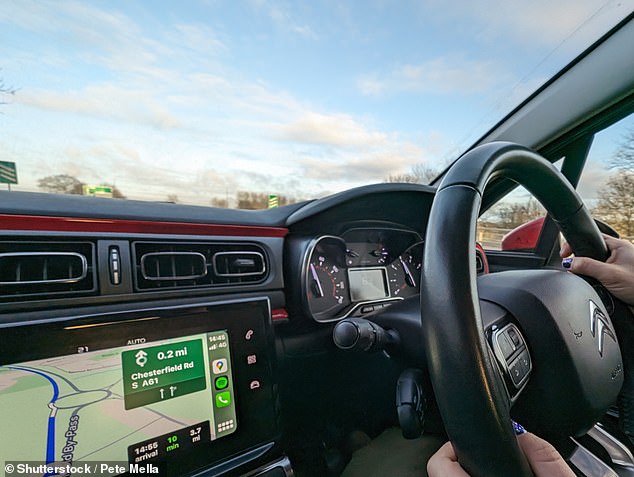We may be inching closer to a world of self-driving cars and fully autonomous vehicles, but a survey has found that many Britons have little confidence in the technology already fitted to their engines today.
A survey of 2,000 drivers has revealed that a surprising number of them are reluctant to use modern technology in their cars because they believe they can do better.
Nearly two in five respondents believe they are better at finding a quicker route than their sat-nav system, half believe they have better reaction times than collision avoidance software and say they can modulate speed more smoothly than cruise control.
Despite the latest satellite navigation systems offering pinpoint accuracy and real-time traffic updates, nearly two in five drivers prefer not to use them and rely on their own navigation skills.
Some 37 per cent of licence holders surveyed by online car marketplace heycar said their own human compass is better than their sat-nav system, despite the latter’s pinpoint accuracy and use of real-time traffic updates.
Surprisingly, younger (and therefore generally more tech-savvy) drivers aged between 18 and 34 were found to be less likely to rely on a sat nav, placing their faith in their own sense of direction and map-reading ability.
Drivers in Scotland (54 per cent), Yorkshire (45 per cent) and Wales (44 per cent) were the most confident in their abilities and rated their internal compass the highest in the UK.
When asked how they regulate their speed on motorways, 39 per cent of Britons say it is better than cruise control.
The research also found that women are more reluctant to use this feature: 43 percent of respondents think it is better to maintain speed manually.
Men are slightly more open to trusting technology: Only 35 percent say they have better control of the accelerator than their car’s system.
Drivers in the North East (46 per cent), Wales (44 per cent) and London (43 per cent) were most confident in their ability to control their speed.
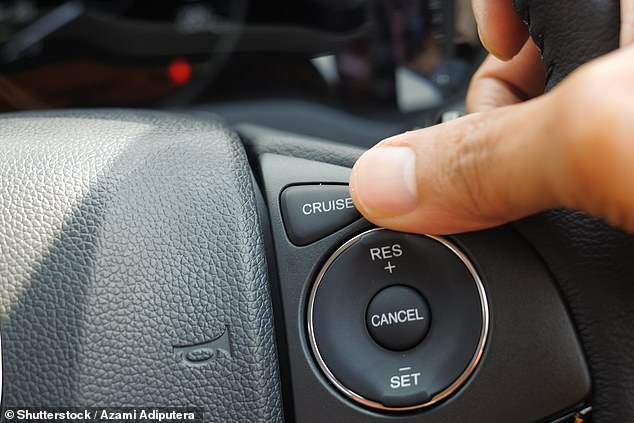
When asked if they use cruise control on motorways, 39% of respondents said they prefer to manually regulate their speed.
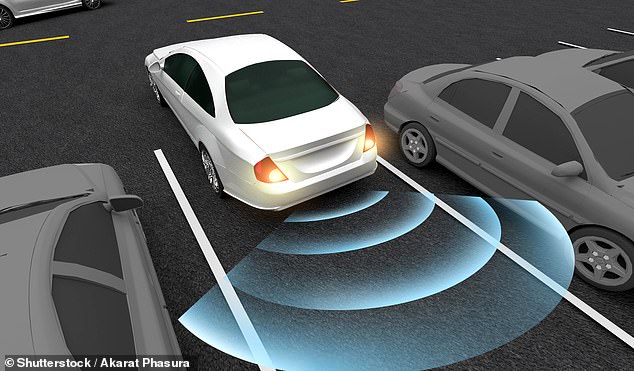
Nearly three in five (57%) of motorists surveyed said they do not trust the parking assist features in new cars.
The study also looked at autonomous parking features, which can help drivers locate and park in parallel spaces, and even those like Tesla Summon, which can automatically enter and exit spaces with the owner outside.
Although these systems are available, and motorists often complain about accidents in parking lots, some 57 percent of the panel said they do not trust the parking features.
Older drivers were even less convinced: 69 percent of those over 55 believed they parked better.
Most UK drivers surveyed acknowledged the superiority of modern car technology over human capabilities in areas such as collision navigation and parking sensors, with 53 percent and 74 percent respectively believing their car does a better job than they do.
However, despite being less experienced, the 18-34 age group is the most confident: half (49 percent) think they are better than their cars at avoiding collisions.
“While technology continues to advance and improve our driving experience, it’s clear that many drivers still rely on their own instincts and skills over automated systems. This combination of human expertise and technological assistance can ultimately lead to the safest roads yet,” said heycar marketing director Dermot Kelleher.
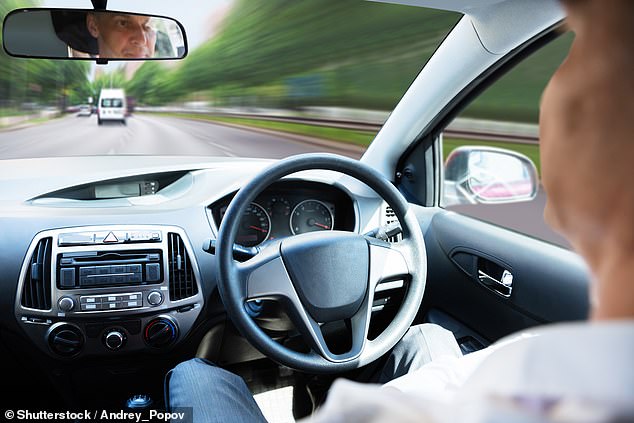
The Automated Vehicles Act became law this year and will provide the legal framework for the safe deployment of autonomous vehicles in Britain from 2026.
Self-driving cars are coming… whether drivers want it or not
Despite drivers’ hesitations about trusting car technology, the government continues to push ahead with plans to allow autonomous vehicles on our roads.
In May, the Automated Vehicles Act received Royal Assent to become law, paving the legal way for self-driving cars to be used from 2026.
The legislation provides “the most comprehensive legal framework of its kind anywhere in the world” for the safe deployment of autonomous vehicles in Britain, according to the Department for Transport.
However, experts say secondary legislation is still needed to address liability issues if accidents occur and cybersecurity risks.
Days after it became law, a survey of 2,078 drivers across Britain found that three in five believe they are superior on the road than the technology that powers autonomous vehicles.
The research, conducted by Volkswagen Financial Services, found that 60 percent of drivers consider themselves “better” drivers than a self-driving car, casting doubt on the driver’s willingness to hand over control of the vehicle.
And there is growing reluctance in opinions about the reliability of self-driving technology.
When asked what they thought would be the biggest disadvantage of fully automated cars, two in five drivers expressed concern about “technological failures or accidents.”
Meanwhile, one in ten said that inactive participation could lead to them getting “bored” on a journey in a self-driving car.
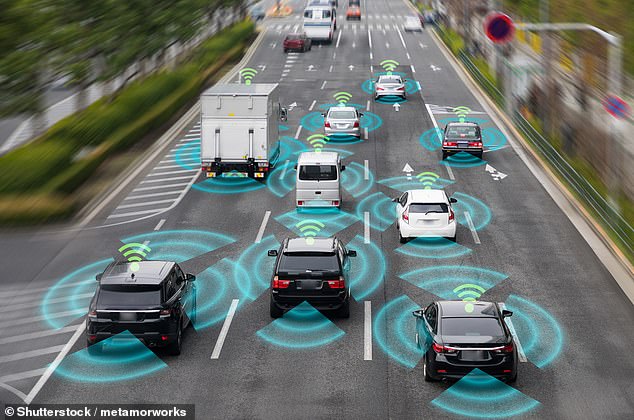
The first major scientific report on the safety of advanced AI published a few months ago concluded that there are major concerns with the adoption of AI.
However, when asked about the advantages of fully automated driving, 27 percent felt the technology would remove unsafe drivers from the roads, while 30 percent said they did not think there would be any significant benefit.
Despite public reluctance to self-driving cars, the automotive trade body believes the technology will bring significant improvements in safety and economy.
Research by the Society of Motor Manufacturers and Traders suggests that self-driving technology will save 3,900 lives and prevent 60,000 serious road accidents by 2040, as well as providing an economic boost of around £66bn.
However, the first major scientific report on the safety of advanced AI, published earlier this year, concluded that there are inherent risks as well.
The study – the first iteration of the International Scientific Report on the Safety of Advanced AI – warns that there is no universal agreement among experts on a range of issues related to artificial intelligence.
Their main concerns revolve around the state of current AI capabilities and how they might evolve over time, and the likelihood of extreme risks, such as losing control over the technology.
The report identified three main categories of risks around AI: malicious use, malfunction risks and systemic risks.
Some links in this article may be affiliate links. If you click on them we may earn a small commission. This helps us fund This Is Money and keep it free to use. We do not write articles to promote products. We do not allow any commercial relationships to affect our editorial independence.

